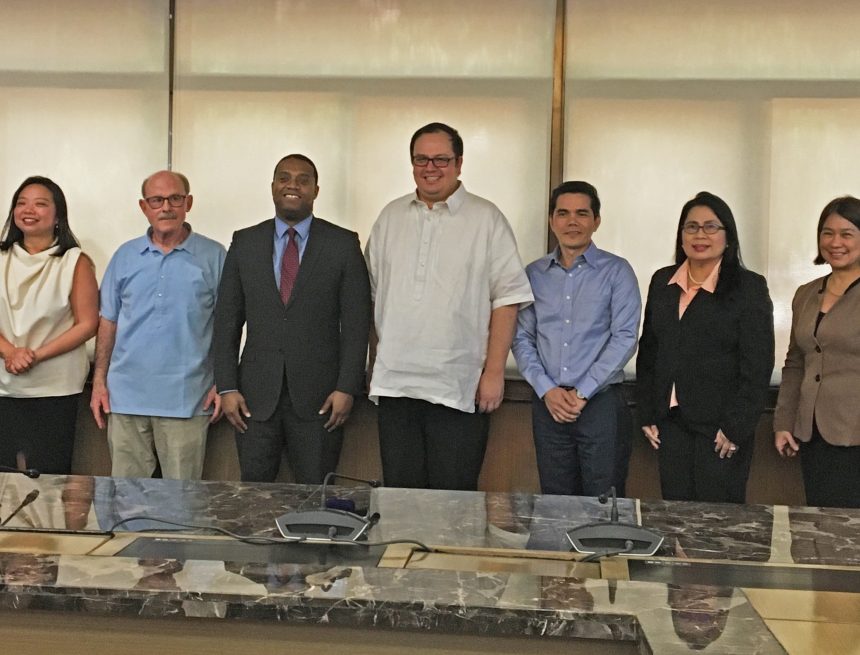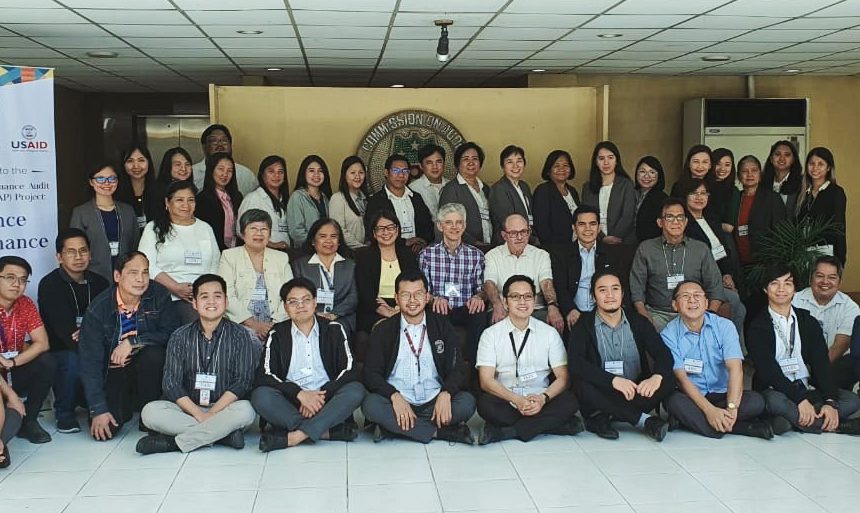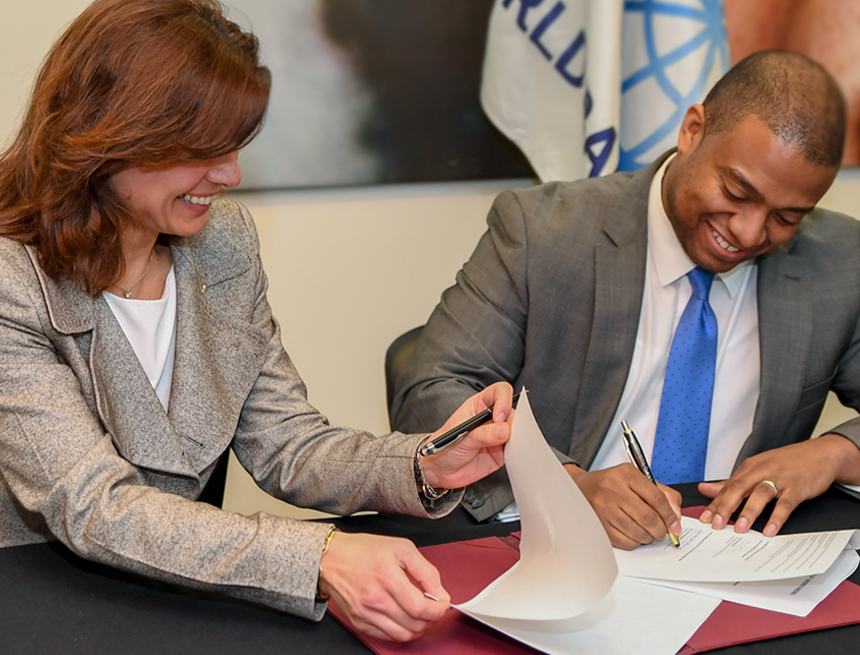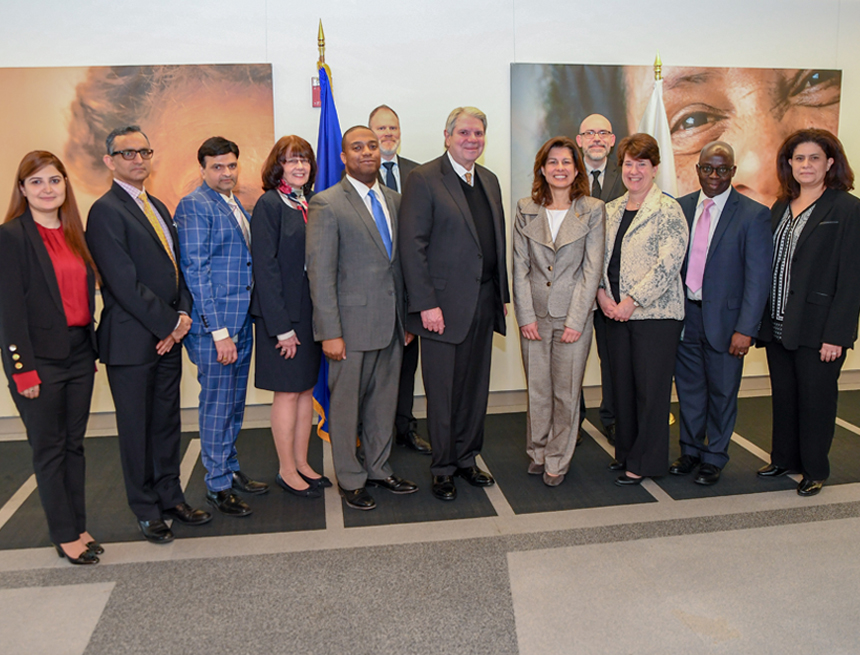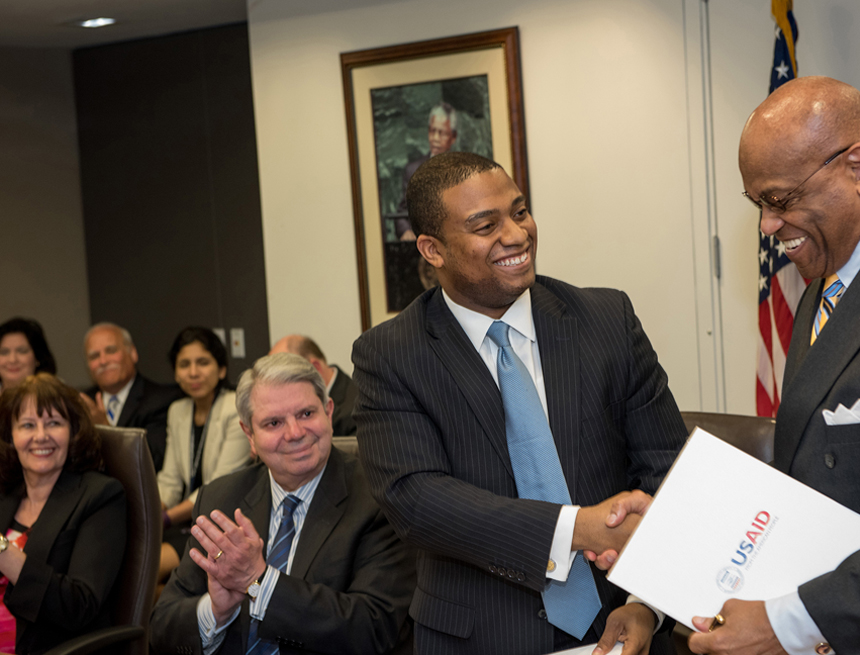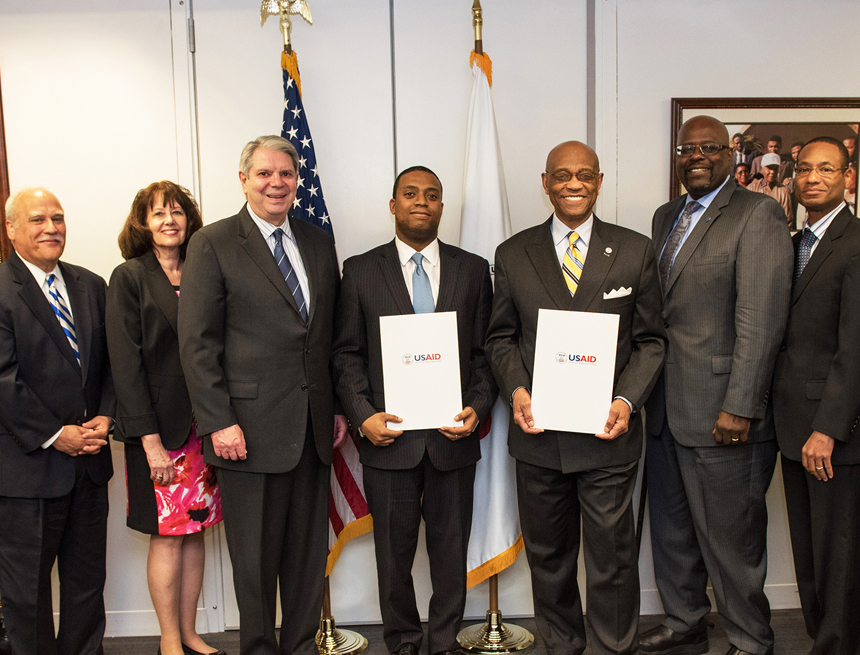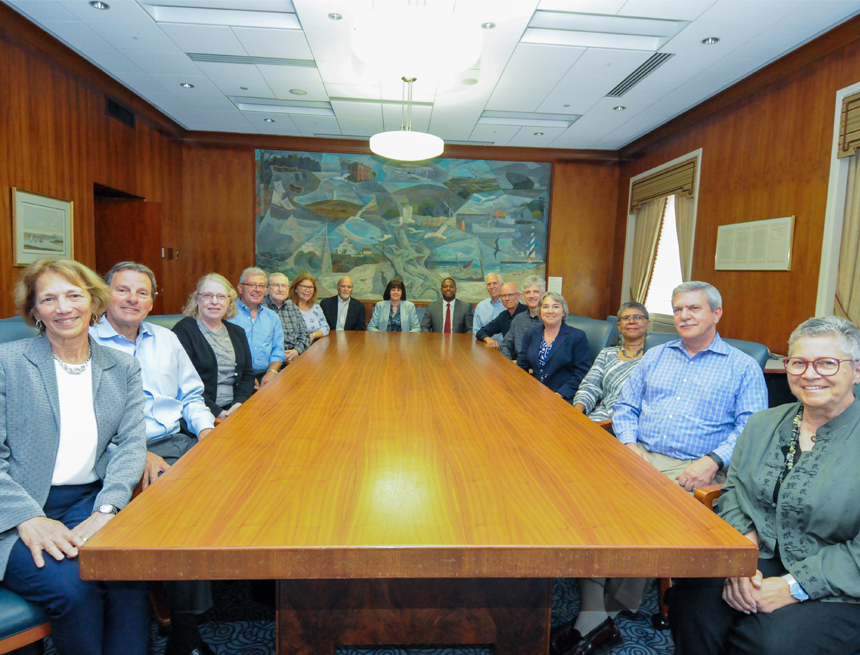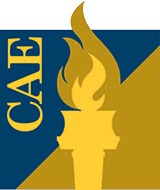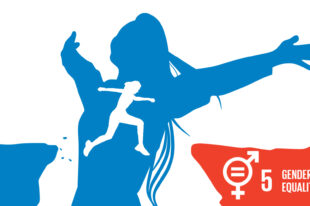“The Center for Audit Excellence (CAE) is a resource for the global audit community. It is achieving what I envisioned five years ago. I am pleased with its progress and ability to adapt to the needs of Supreme Audit Institutions (SAIs) and domestic audit organizations, as well as the COVID-19 Pandemic.”—Gene L. Dodaro, U.S. Comptroller General and Head of the U.S. Government Accountability Office (GAO).
On September 30, 2020, GAO’s CAE marked its fifth anniversary, having made significant progress in expanding GAO capabilities to build audit capacity and promote good governance around the country and around the world.
The CAE, which reports to GAO’s Strategic Planning and External Liaison (SPEL) office, provides tailored training classes and technical assistance to accountability organizations, including federal Inspectors General, state and local auditors, and SAIs. To date, the CAE has served over two dozen domestic audit institutions and conducted work with audit organizations in 14 countries.
“The CAE continues extending its reach, domestically and internationally, and our work is helping ensure accountability, transparency and good governance on a global scale,” noted James-Christian Blockwood, SPEL Managing Director, who oversees the CAE and coordinates its activities with other SPEL programs in the domestic relations, international relations, and strategic planning and foresight arenas.
Led by Janet St. Laurent (Director) and John Hutton (Deputy Director) since its establishment, the CAE is currently staffed with about 25 recently retired senior GAO executives and experts, including Michael Rohrback, who oversees operations. CAE instructors provide a variety of in-person and virtual training and technical services on such topics as performance audit methodologies, report writing, evidence, and internal control.
The CAE has developed relationships with numerous federal audit organizations—including the U.S. Agency for International Development (USAID) Office of the Inspector General (OIG), Department of Labor OIG, and Amtrak OIG—as well as state and local audit institutions and has delivered specialized training to include enhancing skills in scoping and designing performance audits, incorporating data analytics into audit work; and reviewing and assessing health care-related audit portfolios.
Memoranda of Understanding (MOU) with international organizations, such as USAID and the World Bank, and responding to direct requests from SAIs have amplified CAE international work.
In November 2018, the CAE signed its first large, multi-year agreement with USAID and the Philippines to help the Philippines Commission on Audit (COA) build its performance audit capacity. Since the agreement was endorsed, the CAE has conducted numerous in-country training sessions and high-level consultations. CAE project specialists have also conducted a needs assessment for the Dominican Republic SAI and have presented several training courses to audit organizations in the Middle East, including Saudi Arabia, Kuwait and Dubai. More recently, the CAE signed three new multi-year agreements with USAID missions in Georgia, Ethiopia, and Armenia to build SAI capacity in financial, compliance and performance audits.
The CAE’s partnership with the World Bank has led to an Information Technology audit capacity building project in Georgia—a project funded by the World Bank and the International Organization of Supreme Audit Institutions (INTOSAI)-Donor Cooperation. And, as a result of an MOU signed with the World Bank last year, the CAE is currently performing a comprehensive needs assessment of a European SAI to identify improvements in audit processes and INTOSAI standards implementation.
After a fast-paced first six months of operations in early FY2020, the CAE, like many organizations across the globe, was affected by the COVID-19 Pandemic. The CAE quickly adapted business processes and pivoted to remote operations—converting several in-person courses to interactive, virtual classes. As the CAE begins its sixth year, it looks forward to continued expansion—with domestic and international audit institutions and donor partnerships as well as in curriculum offerings and delivery methods.
St. Laurent believes the CAE is well-positioned for even greater achievements.
“As challenging as this year has been, it has opened new opportunities to deliver services remotely, build on the CAE’s past success, and better position the CAE for the future.”
